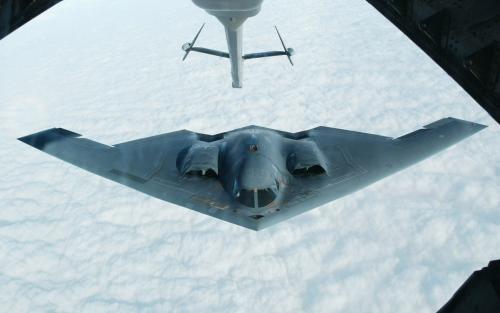The saga of Saudi Arabia’s request for Pakistani help for Operation Decisive Storm in Yemen is becoming a milestone in Saudi-Pakistani relations. In response to a direct face-to-face request from King Salman bin Abdul-Aziz Al Saud Salman for ground troops and air craft for the war against Zaydi Shiite Houthi rebels in Yemen last month, Prime Minister Nawaz Sharif took the issue to the Pakistani parliament.
After four days of debate this week not one speaker has apparently supported sending ground troops. While many have praised Saudi Arabia as a friend of Pakistan, almost all have called for a political solution and diplomacy to end the crisis. Some have even blamed Riyadh for starting the war. The Sharif government has said it appreciates the emerging consensus against intervention.
Iranian Foreign Minister Zarif visited Pakistan during the debate. He met with both Prime Minister Sharif and Chief of Army Staff Raheel Sharif. The army has argued it is too stretched with a counterterrorism campaign against the Pakistani Taliban and tensions with India to send troops to Yemen.
The Pakistani response is a potentially big setback for the bilateral relationship. Given that Nawaz owes his life to the Saudis who helped save him from execution after the 1999 Musharraf coup and provided him exile (with a little help from Washington), it’s a remarkable development. Nawaz will seek a graceful way to spin the parliamentary result stressing Pakistan’s support for the Kingdom and its territorial integrity. He will note that strong military and diplomatic relations will continue between Riyadh and Islamabad. Pakistani experts and advisers are already in the Kingdom in small numbers. One died in a training accident in Saudi Arabia this week.
The episode has implications for the longstanding issue of whether Pakistan and Saudi Arabia have a secret unwritten agreement for Islamabad to provide a nuclear weapon or several weapons to Riyadh if the Kingdom felt threatened by an Iranian bomb. The Yemen crisis suggests any such vague nuclear “promise” may be worthless. If Islamabad won’t deliver conventional ground and air support when the Kingdom is at war with an Iranian proxy (the Saudi view of the Houthis), it can’t be relied on to provide a bomb.
The episode also raises concerns about Iran’s clout in the region. Much of the debate in parliament has been about avoiding further sectarian violence in Pakistan (which is 20% Shiite), which intervention in the war in Yemen would stoke (perhaps with Iran’s help). Zarif had a big stick behind his back. Without ever mentioning the threat of Iranian meddling in Pakistan’s already fragile domestic stability, Zarif could remind his hosts they don’t want more trouble at home.
Zarif visited Pakistan after a stop in Oman, the other big no show in the Yemen war. Oman is the only GCC state to stay out of the air war. Like Sharif, Sultan Qaboos is wary of the Yemen conflict expanding beyond Yemen’s borders. Just west of Oman’s Dhofar province both Houthi and Al Qaeda fighters have expanded their control since Operation Decisive Storm began. The Houthis seized Shabwa province this week and Al Qaeda in the Arabian Peninsula has taken much of Hadrawmut province. The war is becoming a regional conflict very quickly.
The Brookings Institution is committed to quality, independence, and impact.
We are supported by a diverse array of funders. In line with our values and policies, each Brookings publication represents the sole views of its author(s).




Commentary
Pakistan resisting Yemen war, but will its relationship with Saudi Arabia survive?
April 9, 2015